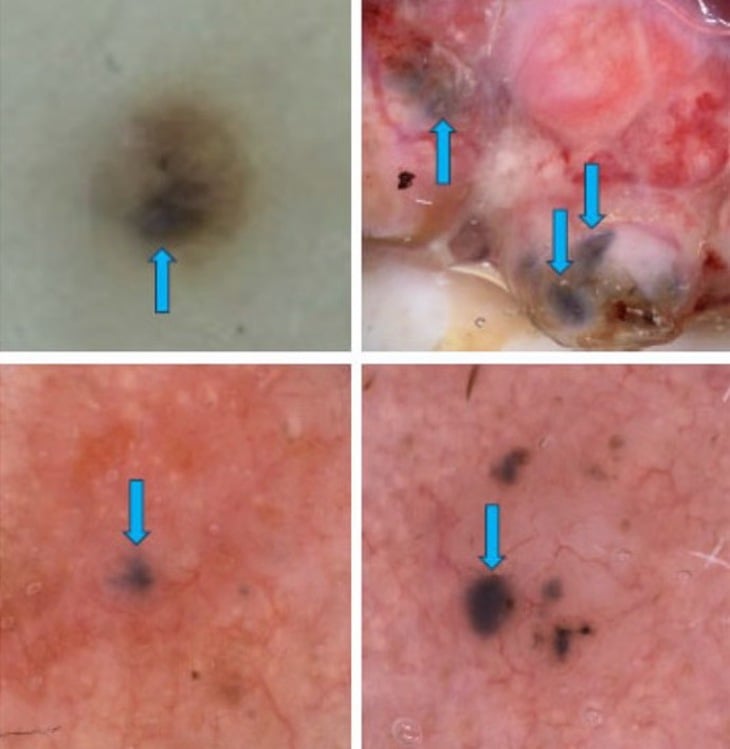
Image of basal cell carcinoma on Dermoscopy - Source: BSCC
Dr. Nguyen Huu Quang, deputy head of the Department of Plastic Surgery and Rehabilitation, Central Dermatology Hospital, said that he recently received a 40-year-old patient for examination due to a patchy black lesion on his face, an ulcer at the center of the lesion, and a moderately infiltrating tumor.
The patient shared that he had been examined many times at a hospital abroad, was diagnosed with a mole, and treated with laser burning, but the lesion did not completely disappear and recurred.
Through medical history, the patient said that he saw a black mole-like lesion on his face with an initial size of about 2-3mm, changing over time. After laser treatment, the size gradually increased, the color was inconsistent, ulcerated, and infiltrated the subcutaneous tissue. Therefore, the patient went to the Central Dermatology Hospital.
The patient was examined, ordered blood tests, ultrasound, dermoscopy, a specific test in dermatology, and tumor biopsy, and was diagnosed with recurrent basal cell carcinoma in the left cheek area.
"The patient was treated with Mohs surgery, the first-line treatment for basal cell carcinoma. Mohs surgery has the advantage of controlling the amount of cancer cells removed from the body and sparing healthy skin.
This is very important for the treatment of facial injuries, helping to achieve high aesthetic results and maximally preserve the function of organs such as the eyes, nose, and mouth.
After 1 week of treatment, the surgical wound was stable and the patient was discharged from the hospital," Dr. Quang informed.
According to Dr. Quang, the initial lesions of basal cell carcinoma in Vietnam resemble moles, so people can be confused and ignore the easily recognizable signs.
Basal cell carcinoma often appears on the face and increases in size over time. However, the rate of patients cured by Mohs surgery is quite high (over 90% according to some studies and hospital synthesis) if diagnosed correctly and treated promptly.
Signs of basal cell carcinoma are raised, black lesions on the skin surface and face, which increase in size and change color over time.
Doctor Quang also recommends that if people experience the above signs, they should go to specialized medical facilities for examination and treatment to avoid possible unfortunate consequences.
Source: https://tuoitre.vn/tuong-not-ruoi-dieu-tri-o-nuoc-ngoai-mai-khong-khoi-ve-viet-nam-phat-hien-mac-ung-thu-20250808084856993.htm



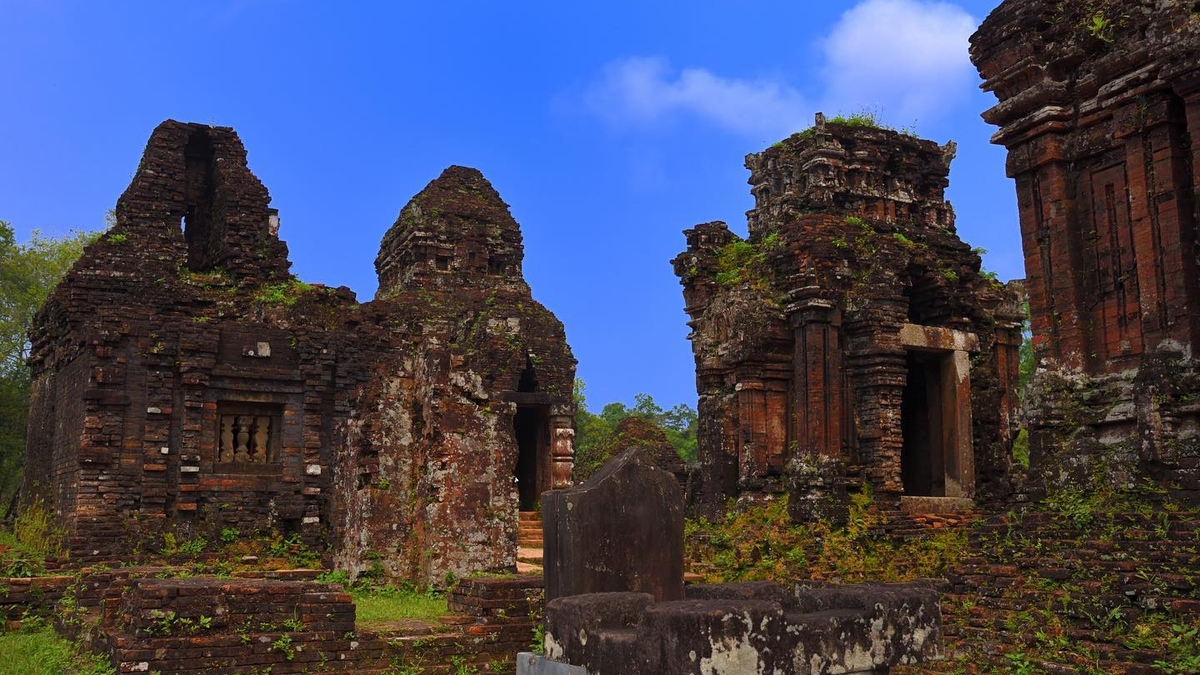



![[Photo] Da Nang: Hundreds of people join hands to clean up a vital tourist route after storm No. 13](https://vphoto.vietnam.vn/thumb/1200x675/vietnam/resource/IMAGE/2025/11/07/1762491638903_image-3-1353-jpg.webp)


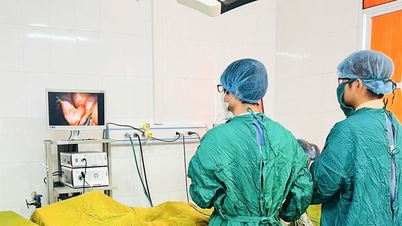

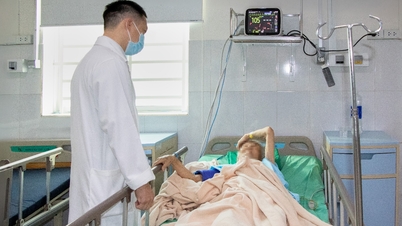

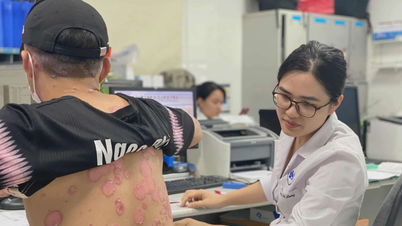

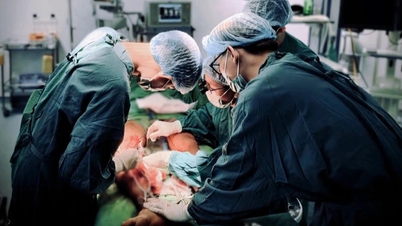

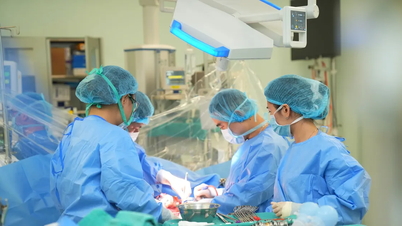





































































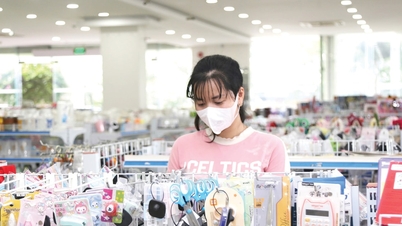















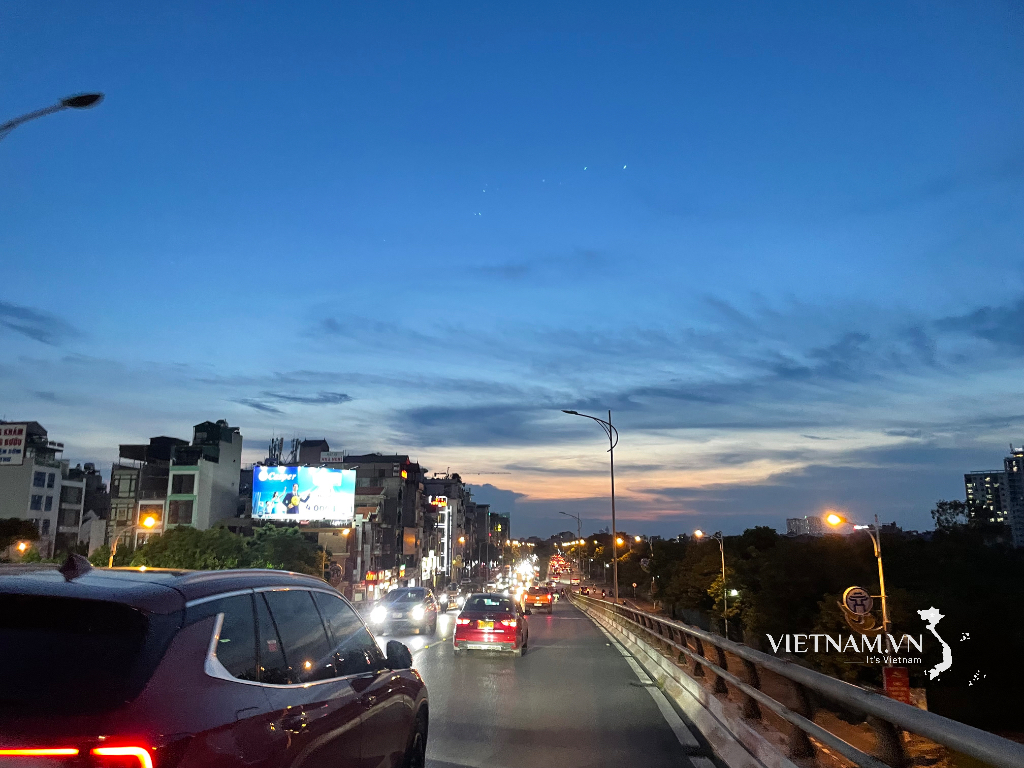

Comment (0)